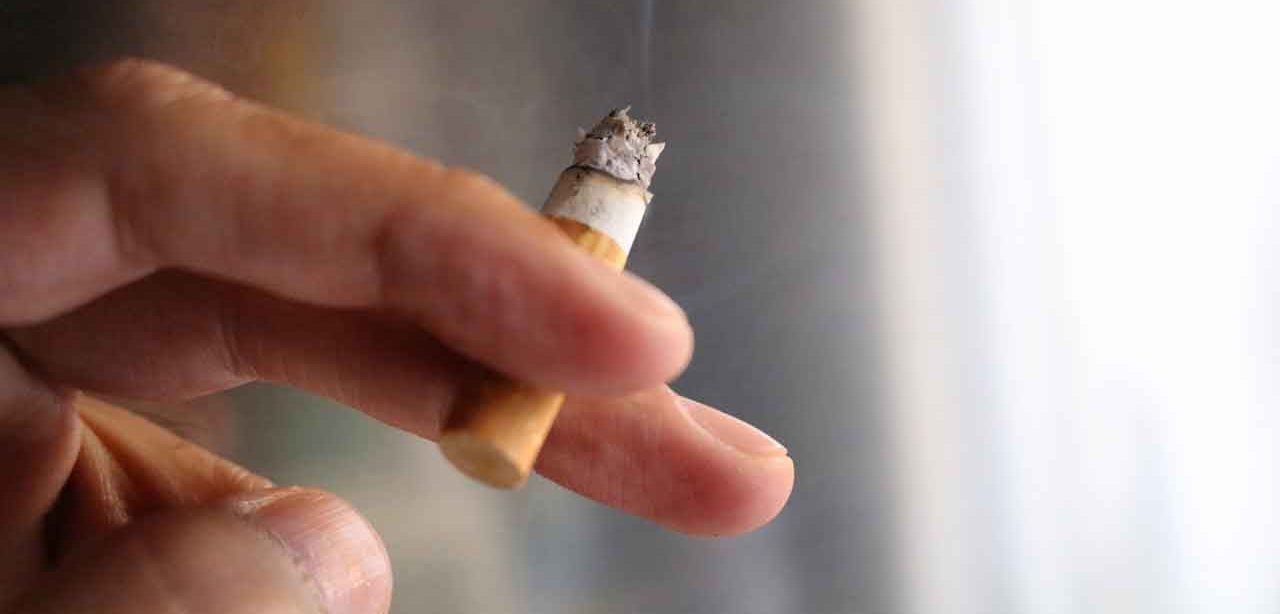Smoking and Heart Disease – Another Reason to Stop

We know that smoking and heart disease go hand and hand. And new research shows how smoking damages the heart directly and can even lead to heart failure.
The chemicals in tobacco smoke increase your risk of the artery clogging plaque buildup known as atherosclerosis, according to the National Heart, Blood and Lung Institute (NHBLI). When the arteries carrying oxygen-rich blood to your heart become partially or totally blocked due to atherosclerosis, you have coronary heart disease (CHD) — and you could end up being one of over 370,000 Americans who has a heart attack every year.
However, not every smoker has clogged arteries or any signs of CHD. So, if you smoke and appear heart disease-free, you may assume you’re lucky and your tobacco habit isn’t causing any potentially life-threatening harm to your heart. But new research shows you could be dead wrong about smoking and heart disease.
It turns out that smoking can directly damage the heart even when you don’t have artery-blocking CHD, yet another reason to stop smoking.
YOU MIGHT ALSO LIKE: Our Heart Care Section
Scientists have long established that smoking can lead to heart attacks, and they’ve also found that smokers without heart disease have an increased risk of heart failure. However, a direct cause-and-effect relationship between smoking and heart failure hasn’t been pinpointed — until now.
An ongoing NHLBI sponsored research project, the Atherosclerosis Risk in Communities (ARIC) study, first started recruiting thousands of volunteers across the country in the l980s to see who developed atherosclerosis, and why, over time and to document cardiovascular risk factors. The latest ARIC research, involving 4,580 of the original research subjects who remained in the study over the decades, appears to be the “smoking gun” that nails tobacco use as a cause of heart failure.
The volunteers in the new ARIC study had an average age of about 75 and were free of any obvious CHD or significant problems with their heart valves. The researchers classified the study participants into three categories, depending on whether they had never smoked, they were former smokers, or whether they were current smokers. Then echocardiograms were performed to look at the structure of the volunteers’ hearts.
The results, published in the American Heart Association’s Circulation: Cardiovascular Imaging journal, were clear: Compared to the research subjects who never smoked or who had quit the tobacco habit, current smokers had changes in their hearts linked to heart failure. Their hearts not only had thicker walls but also didn’t pump as effectively as healthy hearts.
Even when the research team looked at other factors including age, weight, alcohol consumption, and health problems such as high blood pressure or diabetes, the results were the same. Smokers were the ones with the most significant and worrisome heart changes indicating heart failure risk.
“These data suggest that smoking can independently lead to thickening of the heart and worsening of heart function, which may lead to a higher risk for heart failure, even in people who don’t have heart attacks,” said Wilson Nadruz Jr., MD, PhD, a research fellow at Brigham and Women’s Hospital in Boston, Massachusetts, who headed the study.
“In addition, the more people smoke, the greater the damage to the heart’s structure and function, which reinforces the recommendations stating that smoking is dangerous and should be stopped,” Nadruz added.
Heart failure is a serious, progressive condition. When your heart can’t pump as effectively as a healthy heart, it can’t meet the body's needs for blood and oxygen. Symptoms typically worsen over time and include coughing, fatigue, and breathing problems. About half the people who develop heart failure die within five years of diagnosis, according to the Centers for Disease Control and Prevention.
If you are still smoking, now is the time to stop once and for all. Kicking the cigarette habit can potentially reverse any harm smoking has already done to your heart, according to the results of the new ARIC study.
“The good news is that former smokers had similar heart structure and function compared with never smokers,” said Scott Solomon, MD, senior study author and professor of medicine at Harvard Medical School and Brigham and Women’s Hospital. “This suggests that the potential effects of tobacco on the myocardium might be reversible after smoking cessation.”
YOU MIGHT ALSO LIKE: You CAN Quit Smoking: Here Are Tips to Succeed
Updated:
March 03, 2020
Reviewed By:
Janet O’Dell, RN